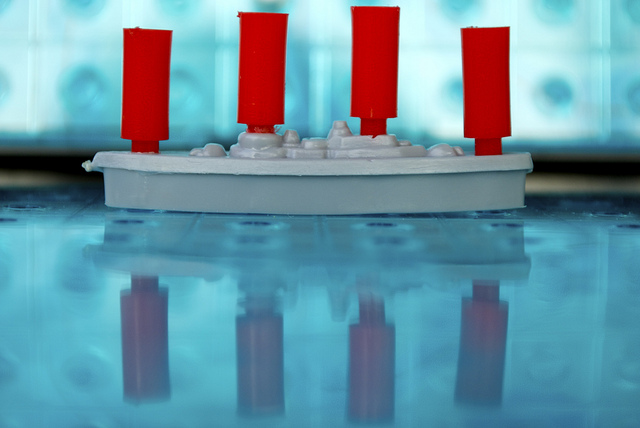
At the beginning of this year, I bought an annual bus pass to get onto my university campus. Halfway through the year, though, I realised that I hated getting the bus: it was always crowded and wasting so much time waiting for busses was driving me mad. If I drove instead, I’d be much happier -- but I’d have to shell out for a parking permit.
Emotionally, it was hard to ignore the money I’d already spent buying the bus pass -- if I switched to driving then I would feel like a chump because half the money I’d spent on the annual bus pass would end up getting “wasted”. But, I realised, this was me committing the sunk cost fallacy: my annual bus pass was a sunk cost: it was money that I’d already spent and had no way to recover regardless of what I did now. It was completely irrational (although emotionally understandable) to let that sunk cost affect my current decision.
The rational way to make this kind of decision is to ask myself: “given the choices that I actually have in front of me right now, which decision would make me better off?” I can either keep riding the bus for the next six months, paying £0 per week, or I can start driving to campus every day at a cost of (let’s say) £10 per week. Is the added convenience of driving worth it to me? (I decided it was, for what it’s worth - I truly hate that bus).
To be clear: decisions you’ve made in the past (such as my buying the bus pass) can impact the set of choices you have in front of you now. The mistake is when you start thinking about the options you would have had in front of you had you made better decisions in the past. To give another example, suppose you’ve spent the past 3 years at law school and you decide that, at this point, you would rather be a doctor. If you could go back in time 3 years right now, and were faced with a choice of “spend 4 years to get a law degree” or “spend 4 years to get a med degree” -- you feel that you would definitely choose medicine. However, that’s not actually the choice that’s in front of you right now: your actual choice is “spend 1 more year to get a law degree” or “spend 4 more years to get a med degree”. And perhaps, given those choices, it does make sense for you to get the law degree anyway. And this isn’t a sunk cost fallacy at all: this is just a rational response to the fact that the choices we made in the past affect the menu of choices we face today.
